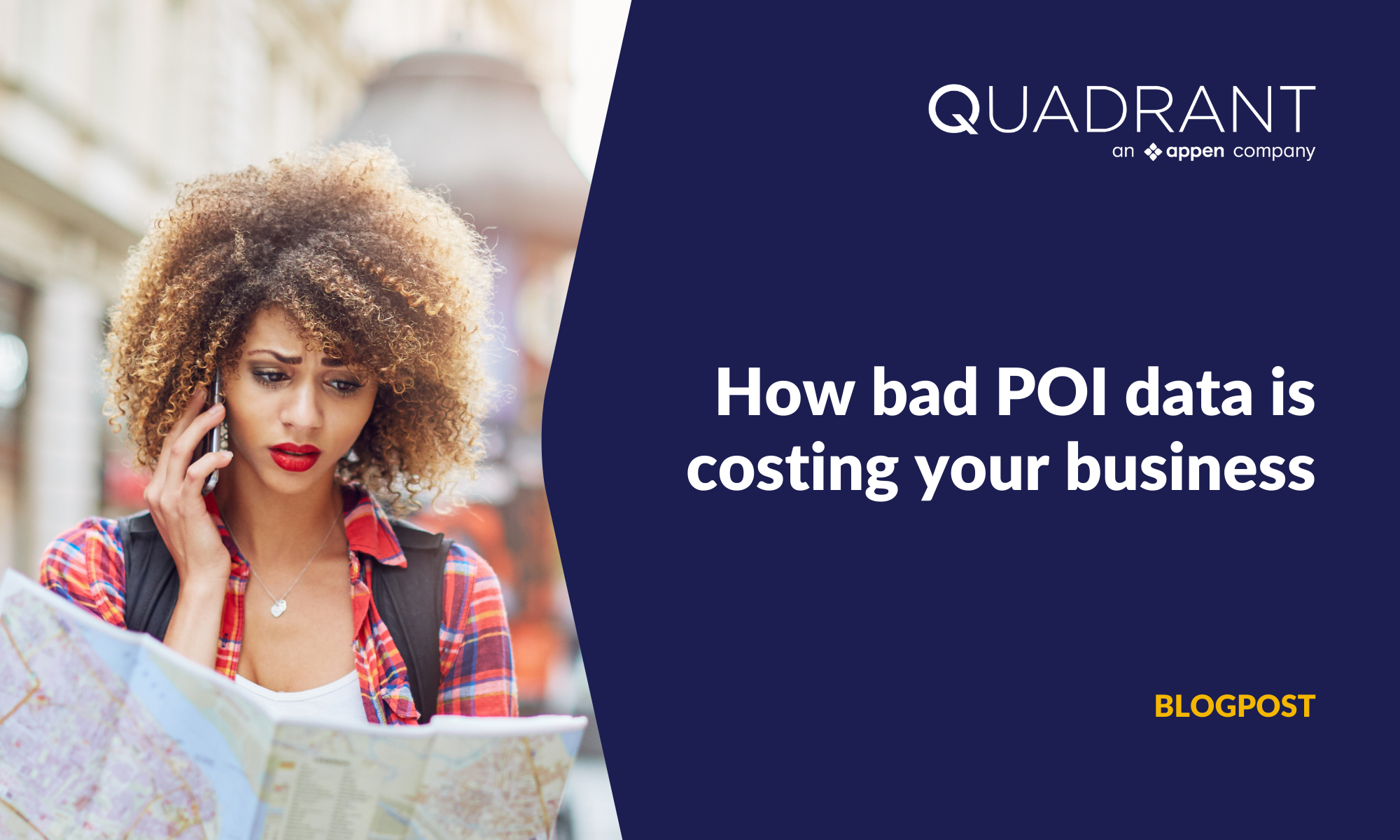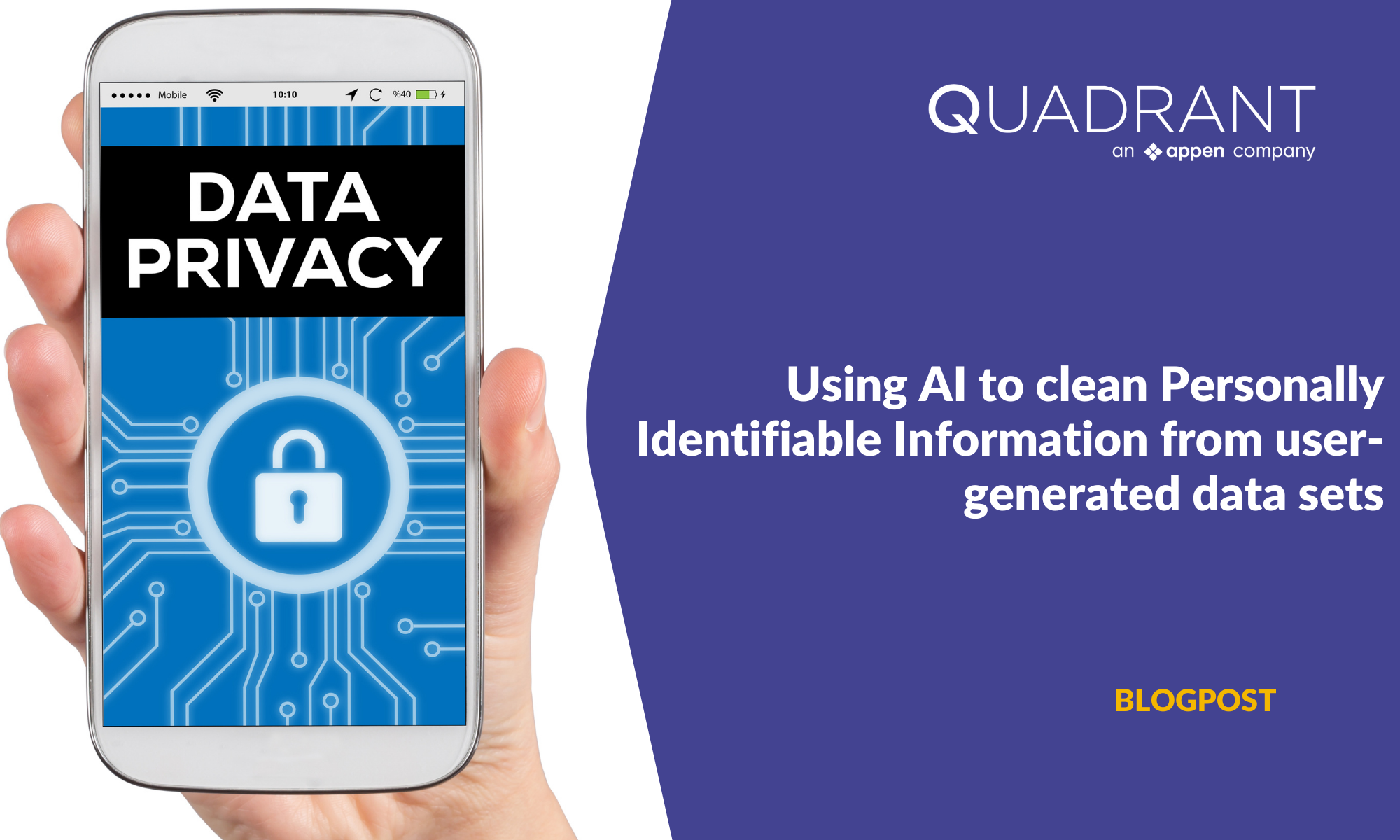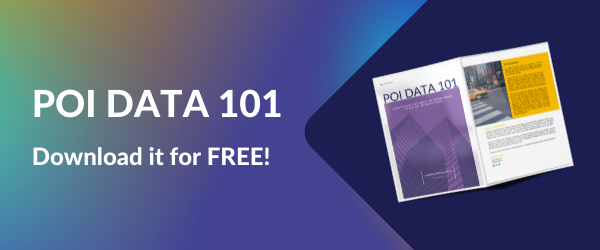Transportation companies need location-based intelligence to gauge demand, support operations, adapt to changing public requirements, and ensure safety. Reliable and accurate mobile location data is key to studying mobility trends that can reveal actionable insights for the betterment of infrastructure and applications in supply chain, ride sharing, public transport, traffic management, and other use cases.
Companies also need location data to assess potential for usage in growing urban spaces to improve availability and return-on-investment. More recently, due to the Covid-19 pandemic, people’s movement patterns have changed drastically. The new normal with social distancing requires tweaking existing forms of transportation and related services. All these make mobile location datasets and corresponding mobility analysis more valuable than ever, both in the private and public sector.








